Samir Khobragade speaking at the press conference announcing the proposed ordinance.
City of Seattle
Comments
Please wait...
Comments are closed.
Commenting on this item is available only to members of the site. You can sign in here or create an account here.
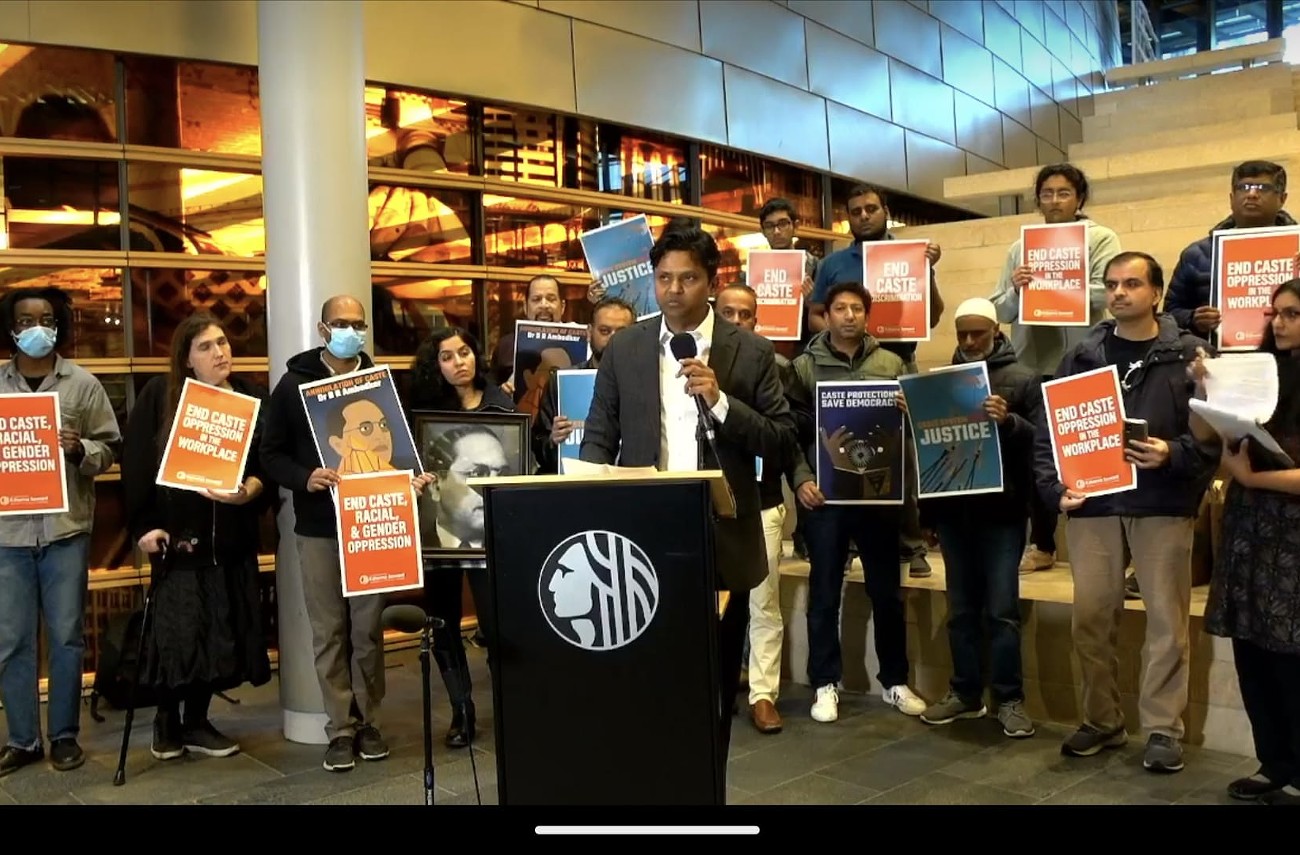
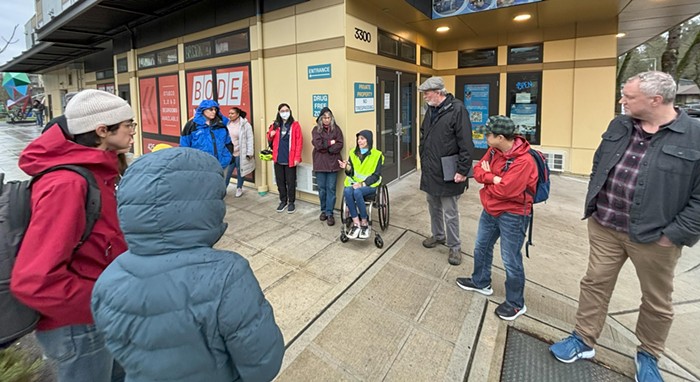
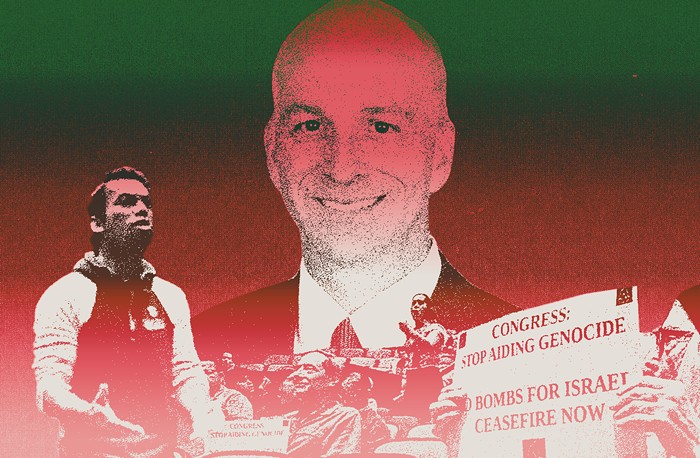

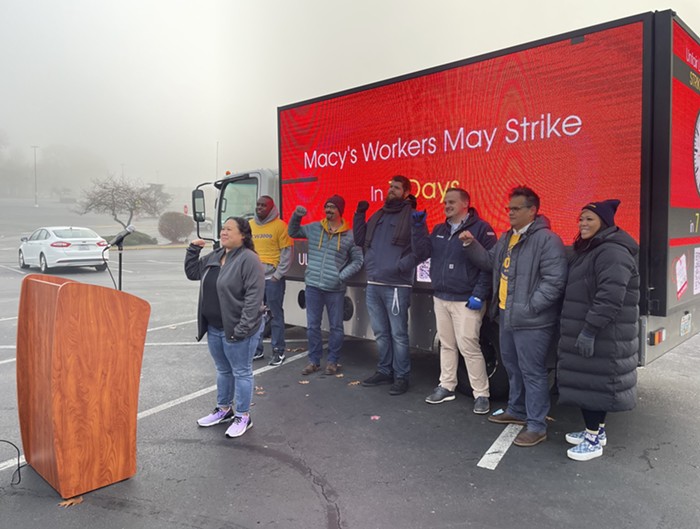
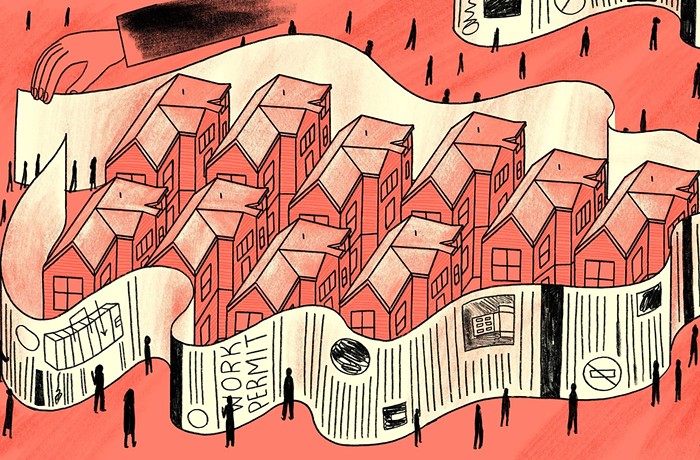
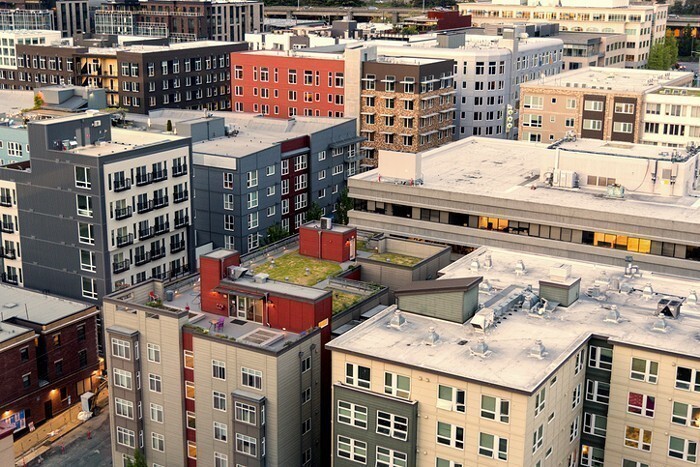













Can someone provide a legal definition of how this would translate to a protected class? How is it not covered by existing protected classes for race and ethnicity? Curious to hear more, thanks for the discussion.
I have never been embedded in a caste-based society, nor have I had a lengthy discussion with somebody with this kind of background, but some of the statements in this article sound familiar to things that I have seen in the society around me. If you carry yourself in a certain way, use arguments that assume the correct values, and even just use the correct words and ways of phrasing things, you are automatically assumed to be more credible regardless of the strength of your arguments or the consequences of your actions. I suspect that this is similar to the mechanisms that people use to identify caste even in the absence of biological markers.
Either way, discrimination is bullshit.
Totoman @1 I am not a lawyer, but my understand is that protected classes have to be explicitly identified, and if there is not a specific statement identifying a group then discrimination against them is actually fine, as far as the law is concerned. This is because it is difficult to define discrimination in a way that says discrimination based on race is wrong, but discrimination based on expertise (for example, you need to have a medical degree to work as a doctor) is fine without explicitly saying "discriminating based on race is different". US law defaults to "any action is fine until a law is passed explicitly forbidding it", so discrimination is allowed by default.
This isn't a matter of race or ethnicity because your caste is not your race. The article discusses Indian-Americans in dominant vs subservient castes, and only the people in the latter are considered the discriminated class in the narrow context of caste discrimination.
It's going to be hard for a lot of people to accept, but the to prevent caste discrimination: it's time to put a pause on H-1B visas. We don't need to be importing hundreds of thousands of people to impose their caste system in these companies.
If the author asserts the "caste system is alive and well within the Indian community" here in the US... well probably so...But I doubt a law will change this perspective... especially when the "caste system" isn't a US social construct.
We have poverty, racist, etc... but not what I would call the "Indian caste system" of untouchables. Anyone in this country can rise above their birth circumstances...
Nathaniel Hawthorne who said "Families are always rising and falling in America".
Its more true now than it ever was. Technology is leveling the playing field as I think the author has pretty well laid out from his experience... of coming from the lower cast and rising here in America...Its a new day.
.
Just change your name to Patel. No white American will know the difference.
I'm fascinated/horrified by the knee-jerk "that's not a problem/this is Uh-mer-ka/we've got better things to do" when someone says "we've got a problem with discrimination." I'm guessing it reflects the fact that it doesn't affect them so who cares, right? "What about these other problems? We can't solve yours, there are others to worry about."
On the one hand, the US does not have the same kind of caste system and, theoretically, one could just not socialize or do business with those who discriminate based on caste.
On the other, however, I think it's much more complicated. Immigrant communities are often tied together in support networks (and, I guess, discrimination networks) that may be hard to break. What if someone needs an apartment and through the community finds one, but is refused because of caste? If it was race, people would rightly be up in arms (although maybe not many of the people here in the comments).
So what's the harm in adopting legislation that bans discrimination based on caste? I don't see it being a drain on time or resources if the legislation is drafted.
It's not the job of the U.S. Government, nor is it constitutional probably, to infer with religious biases and practices.
raindrop @15, we can't let "this is part of my religion" mean "my actions are above scrutiny". Religious principles can't interfere with secular rights. If a person is not allowed to lead a church for some reason that's one thing. If a person is being denied promotions that's another.
I question how this would be enforced. Most Americans (myself included) know little about the intricacies of Indian culture(s). Where will Seattle acquire the knowledge and expertise to adjudicate such a claim? To make an analogy, it might be like a group of Irish-Americans being asked to judge a claim of discrimination at an Italian-American firm, specifically that the persons of Roman ancestry always get promoted, and the persons of Neapolitan origin never do. How would our team of Paddies proceed?
In this comments section: Seattleites telling somebody with real, lived experience that actually, no, you don't really have a problem, and besides even if it were a real issue — which it totally isn't! — can't you see there are bigger problems to deal with? Also, sprinkle in some dismissal-by-association because Sawant is involved.
Sounds about white!
Another piece of crap initiative from the millionaire who claims to be a poor working class citizen. This is a non-starter. We have laws that protect identified groups. This asshat wants the US to export our values to other nations that never asked. Hmmmmm how did that work out in EVERY instance of the Cold War? When can we collectively agree that this POS has wrecked our city? She need to go. Take her juvenile Sawantnistas with her. Like yesterday
Ironically, this legislation is exactly the type we’d expect from a conscientious CM representing District 3. Forward-thinking, inclusive, advancing civil rights: this is what District 3 and Seattle have lacked whilst CM Sawant laboriously failed to overthrow global capitalism. (Better late than never, I guess.) Hopefully, her replacement will continue such fine work.
That sounds completely fucked up, and I'm sorry if the systemic discrimination you hoped to leave behind in your old country has in any way followed you to your adopted home. I support adding "caste" to the list of legally protected classes.
Park Place @19, a number of people made public statements on this topic in the February 7 meeting. https://www.youtube.com/watch?v=5kU47YDxeSI&list=PLhfhh0Ed-ZC2d0zuuzyCf1gaPaKfH4k4f (you might want to bump up the playback speed)
There were a number of people who spoke against the legislation, claiming either that caste discrimination is not a problem or that the legislation promotes racist stereotypes against Asian people. I am sympathetic to the latter point. It would be very easy for people to look at this and say "look at that Asian problem" while ignoring categorically similar, but less formal, problem of class discrimination in the US. It would also be easy for people to misconstrue this as saying that dominant-class people are not the targets of discrimination because they are privileged, which is not accurate (this is why I was careful to say "in the narrow context of caste discrimination" in @3).
However, there were also a number of people who spoke in support of it, and listed specific incidents they had personally experienced or witnessed, including workplace harassment from peers and superiors as well as exclusion form networking opportunities. In general, when I hear one person say "this isn't a problem" and another person say "I've seen this be a problem" I believe both of them, which means that the problem does not exist everywhere but it does exist somewhere, and if it exists somewhere then it's a problem that I care about.
After listening to the comments, I still support the legislation. However, I would also appreciate it if the council made a clear statement acknowledging the ways that it could be misconstrued, and explaining why those assertions are inaccurate and harmful. We can't allow people to prevent progress simply by trolling it, but we should engage in good-faith discussions for those who are innocently misunderstanding things (see also: the difference between disinformation and misinformation).